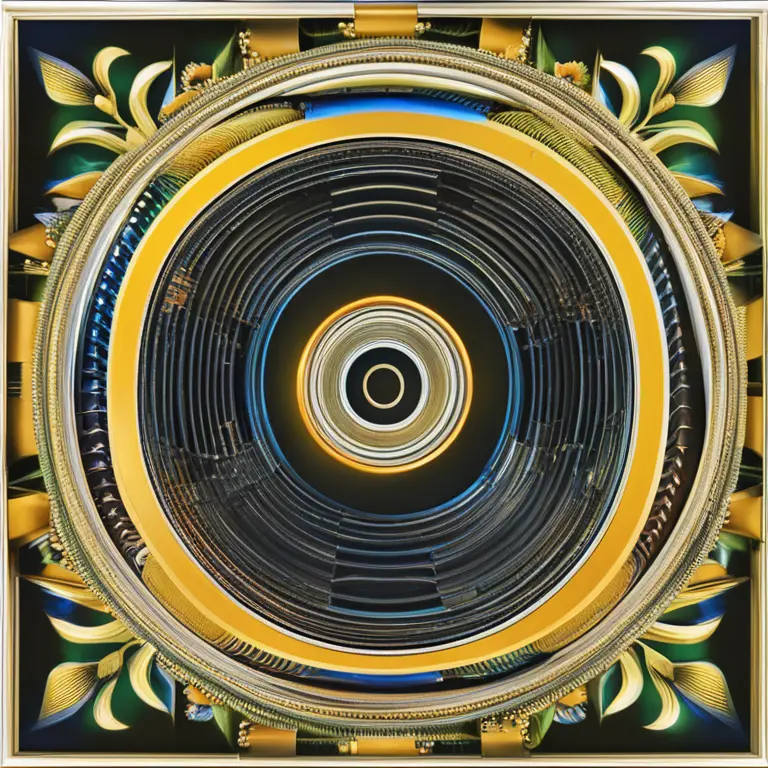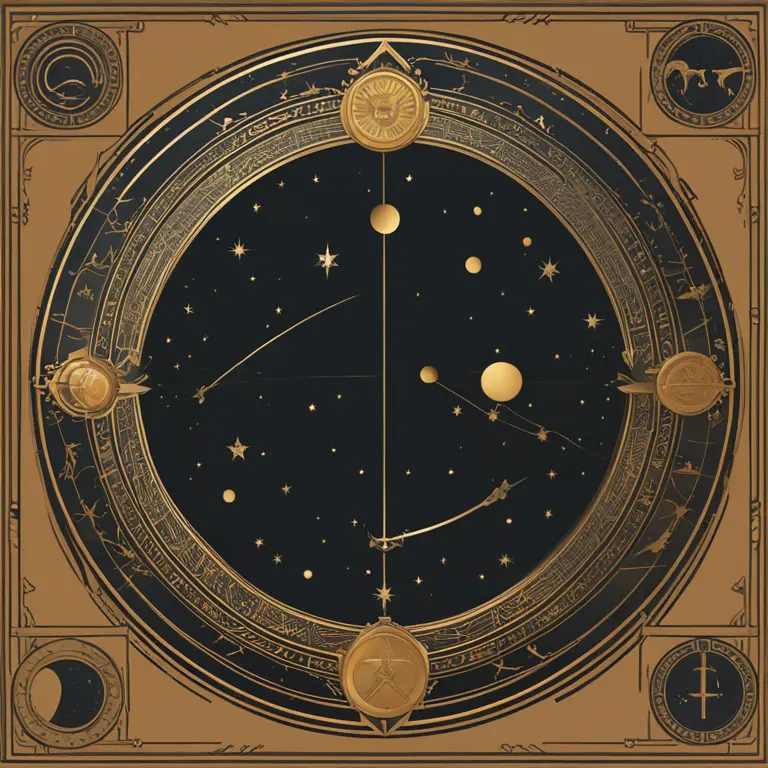
The Roots of Zodiac Signs: An Astral Legacy
Delve into the historical origins and celestial foundations of the zodiac signs that have intrigued humanity for millennia.
article by Priya Deshmukh
The Zodiac’s Ancient Beginnings
The zodiac, a belt of the heavens within about 8° on either side of the ecliptic, including all apparent positions of the sun, moon, and most familiar planets, is the foundation of astrological tradition. Its concept dates back to Babylonian astronomy of the 2nd millennium BC and later flourished in Hellenistic Egypt. The division of this celestial band into twelve equal parts, each linked to a constellation, provided not just a way of marking time, but also a rich framework for predicting individual destinies and natural occurrences based on celestial cycles.

Constellations and Their Myths
Each zodiac sign corresponds to a constellation with its own mythology, often connected to Greek and Roman traditions. For example, Aries, the Ram, originates from the Golden Fleece in the story of Jason and the Argonauts, while Leo, the Lion, represents the Nemean lion vanquished by Hercules. These stories not only gave the stars their names but also influenced the attributes associated with each sign. These archetypes have been passed down through generations and remain entrenched in the cultural expressions of astrology.

The Hellenistic Synthesis
The Hellenistic period was pivotal in the development of the zodiac as a tool for divination, with the city of Alexandria acting as a vibrant hub of scholarly activity. Astrologers synthesized Babylonian and Egyptian knowledge, creating the tropical zodiac system that associates the signs not with fixed stars, but with the position of the Sun at the vernal equinox. Thus began the practice of sun sign astrology, which forms the basis of many contemporary astrological approaches.

The Astrological Calendar
In defining the zodiac calendar, astrologers mapped the position of the Sun's path through these constellations over the course of the year. This gave rise to the familiar cycle starting with Aries in spring and concluding with Pisces at the end of winter. As the Earth continues its orbit around the Sun, astrologers forecast the influence of the zodiac signs on future events and personalities. For the year 2024 and beyond, this tradition continues to evolve, adapting to modern contexts while retaining its ancient core.

Modern Interpretations and Uses
Astrology today is a testimony to the enduring legacy of the zodiac signs, infusing contemporary culture with ancient wisdom. Horoscopes, or astrological forecasts, are a popular way of providing insight into the present and future, guiding people on matters of love, career, and personal growth. Astrological charts, now often calculated with precision due to advanced software, are used to offer a personalized snapshot of an individual's potentialities based on the positions of celestial bodies at the time of their birth.
Enduring Influence and Beyond
The zodiac's journey from ancient star maps to today's digital horoscopes is one of enduring human curiosity about the cosmos. As we look ahead, the zodiac is sure to remain a captivating tool for self-discovery and understanding the world around us. With horoscopes for 2024 placing emphasis on the alignment of Jupiter and Saturn, we are reminded of the rich tapestry of history and the ever-evolving knowledge of astrology that continues to pique our collective interest.
Published: 2/5/2024
Modified: 2/5/2024
More predictions
Come back here soon to learn more about yourself and your future


The Zodiac's Blueprint: Signs & Astrological Houses
Delve into the essential components of astrology – signs and houses – and their profound impact on your personal zodiac blueprint.


The Astrological House System: Core Spheres of Life
Delve into the foundation of astrology through the house system – spheres of influence guiding your path in the cosmic blueprint.


The Role of Dominant Houses in Astrology
Discover the influence of dominant houses in your astrological chart and how they shape your life experiences and character traits.